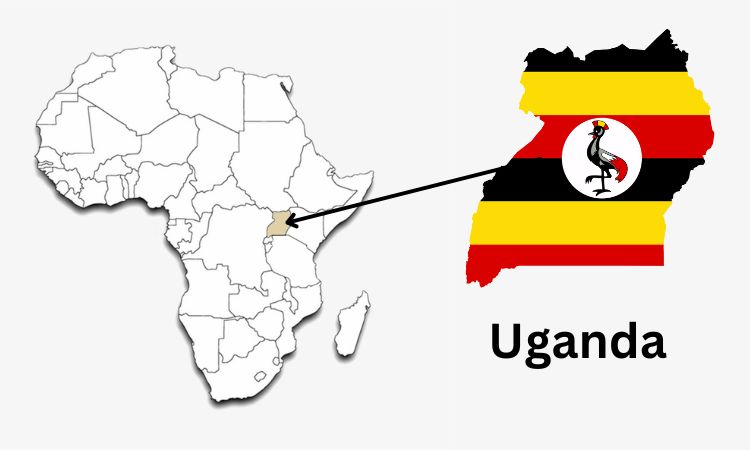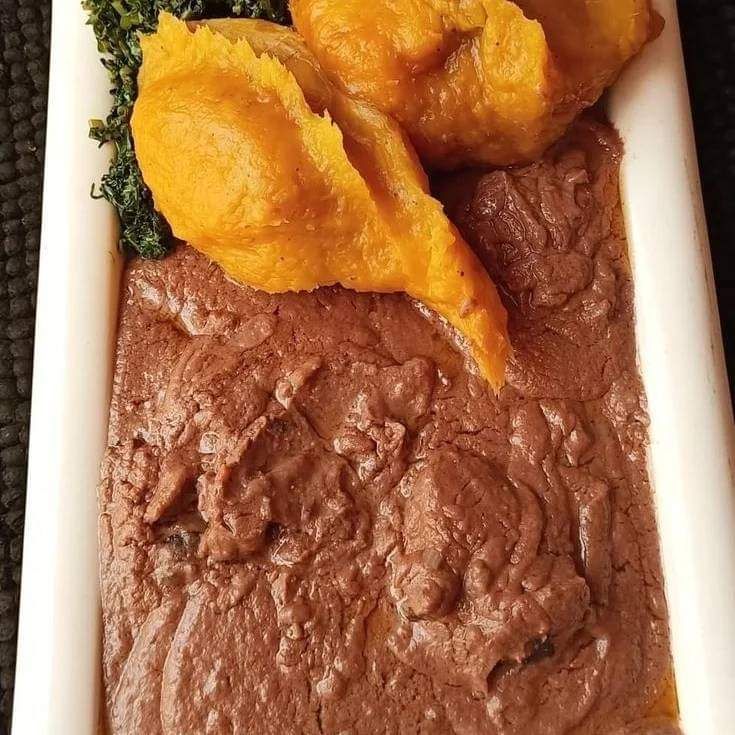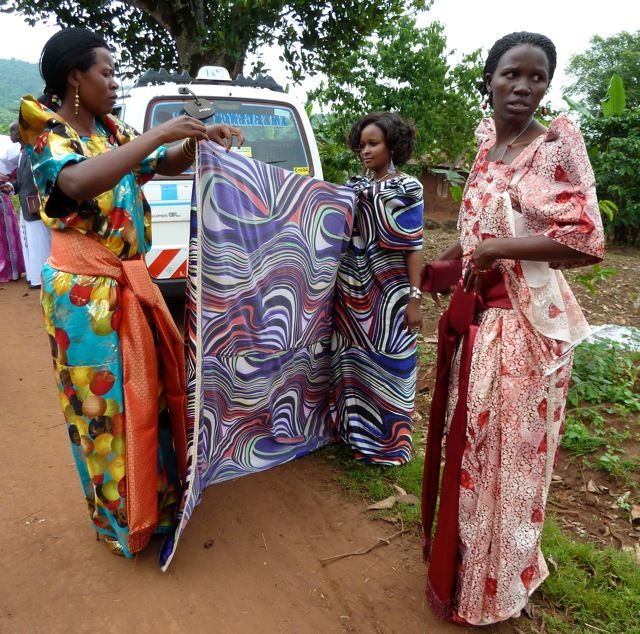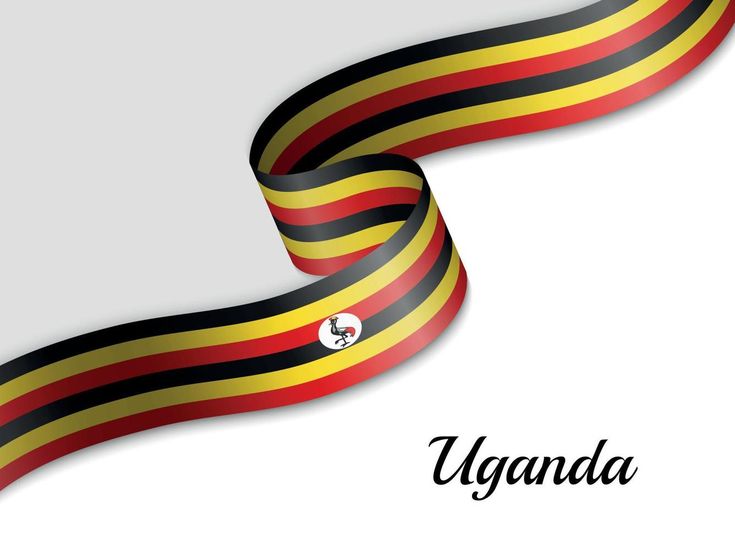Understanding cultures entails understanding legacies and legacies have defined Africa for generations. Uganda is one of the nations or platforms exposing the diversity of African culture and heritage. A small landlocked country East of the continent but in Africa nothing is really small. Every territory, every demarcation is unique in its own identity and rich in its own culture.

Being born in Uganda you never get to fully realise the Africanness or the flair and beauty that comes with being African until you are about 10 years of age, taken several trips between the urban centres and the marginalised outskirts of the nation known as villages and also had a first-hand encounter with the diversity of tribes in the schools. Ugandan pre-schools and middle age schools are exceptionally diversified with tribes and cultures at a variety that as early as the age of 10 years, one has been so exposed to the various languages, tribes and traditions.
One of the interesting and sacred traditions in Africa is in the child naming. Most families endeavour to attach traditional names to their newborns which names are sourced from an ancestral lineage which mainly happens to be a great grandmother or grandfather. In Uganda this child naming is executed to perfection. All communities and societies you encounter even as early as school age is massively diversified with traditional names. The preferred combination is usually that of one English name along with a tribal or traditional name and with the traditional name comes tribal and traditional identity. You tell me your name and ill know exactly who you are and where you’re from. This is how it works in Uganda, the country is in the names.
Growing up in Uganda also means experiencing culture and tradition as expressed in the food and dishes. We have the best food in the world. Whether you’re eating “matooke” which is steamed raw bananas mushed together, or “lumonde” which is the large sweet potatoes with groundnut sauce, there’s nothing like a good old African meal made in your homeland. You get to encounter different people in Uganda who are drawn to and attracted to different foods as preference and this is what partially keeps our territory beautiful and the African continent very beautiful. The knowledge that different human beings appreciate and have a “sweet tooth” for different foods.
Generally, in Africa and Uganda, you have not really experienced culture until you get to appreciate the culture in the local foods and dishes. As many as the African cultures and traditions are is as many as the local foods and dishes are. One sure way to know a Uganda is to find out which local food he/she longs for.

Uganda is also one of the countries in Africa and the world where the term “women” is heavily valued and means a lot. Women in Uganda are not only emancipated but also well-educated and very much entitled. There’s no culture and tradition in Uganda without the women. Ugandan culture literally means Ugandan women. The different shapes, the different sizes, the different languages they speak; their tribes and origins. The Ugandan women are a long and endless tale. If any Ugandan tell you about his tribe or his family lineage, down the line he/she will draw you to stories of the women, their role and impact.
The women in Uganda do present a powerful aspect of the culture and heritage. An aspect that is to die for or to kill for and that is to mean that Africans value and guard their culture with their lives. The women are the identity of the men and the nation. Any proud Uganda man will tell you the story of the Ankole women, the Baganda women, the Acholi women or the women from Kisoro each brand having their own unique identity and significance. This is our culture, tradition and uniqueness.

Winston Churchill, one of the nation’s early tourists in 1907 was amazed beyond expectation on what he discovered in Uganda and labelled the country “The Pearl Of Africa” in his early book published in 1908 – My African Journey—
Article by TIM. C. KIRENDA
Kirenda Cosmas Timothy is a Ugandan born Author, blogger, freelance entrepreneur at www.thematterofopinion.com
You can contact Tim on X: @_kirenda Instagram: @kirenda__ LinkedIn: Timothy Kirenda

